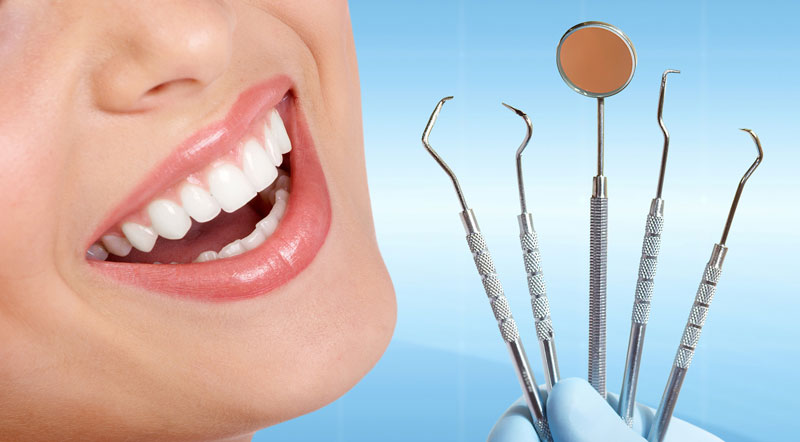General Dentistry
Fillings
At I-Smile Dental Clinic our dentist will discuss with you the best type of repair for your tooth and will offer you a tooth-coloured repair whenever possible.
There are 2 types of fillings: amalgam which is the traditional silver-coloured filling and composite, which is a tooth-coloured, plastic resin and glass mixture.
Amalgam contains mercury which in the past sometimes caused medical problems, but modern methods of combining it with other materials now render it harmless. Amalgam is durable and long-lasting.
Composite fillings look more attractive, but they don’t last as long as amalgam. However, new materials are becoming available and are proving very successful. Your dentist will talk you through the various options suitable for your teeth.
Composites are more natural-looking fillings as a colour is chosen to match your existing teeth. The material used is moulded to copy the shape of your original tooth. First the decay is removed from your tooth, the cavity is then filled and the composite filling bonded in place. Your dentist will explain this treatment to you in detail before carrying out the procedure.
At I-Smile Dental Clinic we help you to adopt a healthy “preventative” approach to your teeth with a good brushing technique. Many of the children we treat will, through good dental hygiene, avoid cavities and grow into mature adults without having any fillings. We will also advise you on the use of fissure sealants which help prevent tooth decay and the need for fillings.
Root Canal
When a cavity is large and extends into the inner part of the tooth containing the nerves, your dentist may recommend a root canal treatment (referred to as endodontic treatment).If a tooth is broken, or if a cavity or hole becomes so large that it reaches into the root canal, then bacteria may enter and destroy the nerves. This can be extremely painful and lead to abscess formation and infection in the gum or jawbone. Root canal fillings may avoid the need for extraction of the affected tooth. In these cases the nerve in the tooth chamber is removed and the space it leaves is filled with a material that helps support the tooth.
The crown of the tooth is made up of the hard, white, enamel layer and a thicker dentine layer. Both these hard layers protect the innermost soft tissues of the tooth called the pulp. The dental pulp contains blood vessels and nerves within and extends from the crown to the tips of the root or roots.
Root canal treatment involves the removal of the pulp tissues from the tooth in the event that it gets infected or inflamed. The pulp can be infected or inflamed due to either deep decay or an extensive restoration that involves the pulp, cracked or fractured tooth due to trauma, excessive wear of enamel and dentine exposing the pulp, and sometimes as a result of severe gum disease.
Signs of pulp damage may include pain, prolonged sensitivity to heat or cold, discoloration of the tooth, swelling, tenderness of the overlying gums or a bad taste in the mouth. On the other hand, there may be no symptoms at all. If pulp inflammation or infection is left untreated, it can eventually cause pain, swelling and loss of the supporting bone.

Dental Hydgine
Gum disease affects the supporting structures of the teeth. Gingivitis and periodontitis are the most common types of gum disease and both are caused by the bacterial dental plaque that normally inhabits the mouth.
Gingivitis, a common condition, is inflammation of the gum and can be resolved with good oral hygiene measures.
However, periodontitis, affecting 10-15% of the population, is a far more damaging inflammatory condition that destroys the supporting bone, eventually leading to tooth loss.
The signs and symptoms of both conditions vary from none at all, loose teeth and drifting teeth. Why 10-15% of us are susceptible to this more destructive condition is not fully understood. Some of the major factors affecting periodontitis include smoking, specific strains of bacteria in the plaque, personal stress levels and family history.
